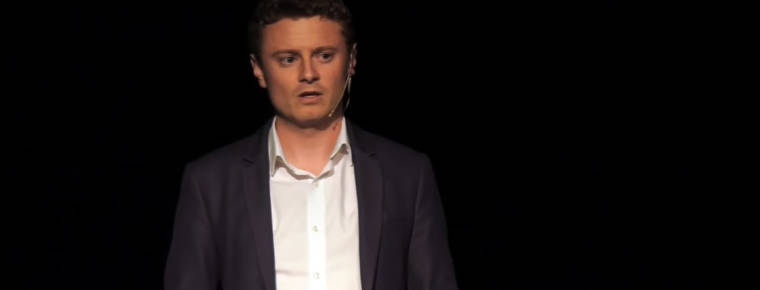 Dr Brian Barry
Dr Brian Barry
Book sifts factors that inform how judges judge
A new book by a law lecturer at Technological University Dublin (TU Dublin) examines how factors beyond the law can influence judicial decisions.
Dr Brian Barry’s How Judges Judge: Empirical Insights into Judicial Decision-Making, published by Informa Law from Routledge, reviews cutting-edge international research from many different academic perspectives in psychology, economics, court processes, politics, and technology to unlock answers to the key question of how judges judge.
Dr Barry said: "A judge's role is to make decisions, and a good judge is expected to make them impartially, fairly and based on law.
“But so much more, other than the law, can affect judging. This book presents, for the first time in one place, global research from multiple disciplines on how judges judge."
Cognitive bias
Dr Barry added: "How Judges Judge, and the research it explains, can inform debates on important issues affecting judiciaries.
“To give some examples: in 2012, six Italian scientists and one official were convicted of manslaughter for allegedly downplaying the likelihood of a major earthquake in L’Aquila, northern Italy that occurred six days later.
“It wasn’t until 2016 that all convictions were overturned.
“Some argue that hindsight bias, the tendency to think that an outcome is more predictable after it has happened than it actually was at the time, played a part in the trial judge’s decision to convict. Studies prove that hindsight bias and other cognitive biases can sometimes affect judicial outcomes,” Dr Barry said.
Research also shows that unduly high compensation awards in personal injury cases can be caused by judges’ errors in numerical reasoning.
The book points to evidence that damages caps can lead to higher average awards, as judges are drawn towards the maximum amount available.
Dr Barry writes that how judges are appointed and who gets to appoint them is a significant factor, since this can have a trickle-down effect and affect judicial outcomes in sensitive areas of the law.
'Kowing the judge'
Dr Barry believes his book will be of interest to litigation practitioners in search of evidence-based insights into the science of ‘knowing the judge’, as well as judicial councils and training institutes who seek a concise overview of the latest studies.
How Judges Judge: Empirical Insights into Judicial Decision-Making is available from Routledge's website and leading online book retailers.
Gazette Desk
Gazette.ie is the daily legal news site of the Law Society of Ireland